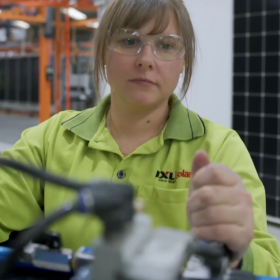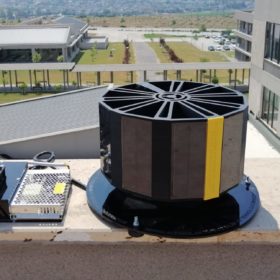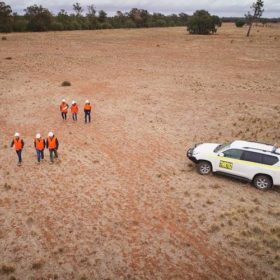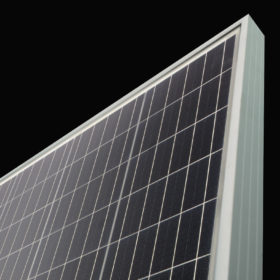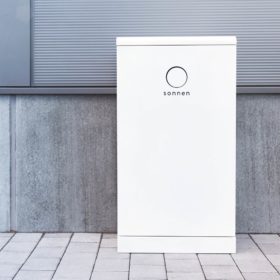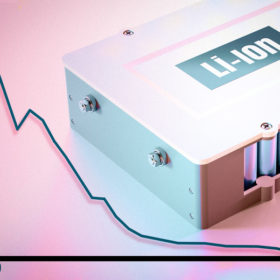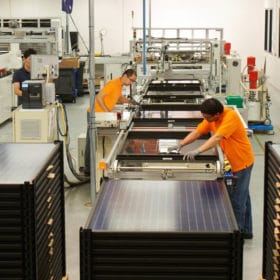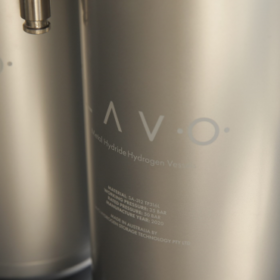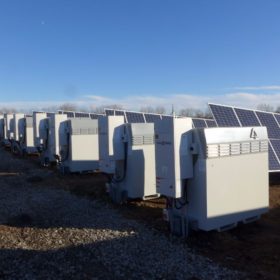New tank design promises to significantly improve the reliability of thermal energy storage
A consortium including Australian concentrated solar thermal power company Vast Solar has filed to patent a new tank design for thermal energy storage systems. The new design, it says, substantially mitigates the risk of tank failures which have been identified as one of the key shortcomings of the economical storage technology.
5B acquires Adelaide manufacturing plant ahead of global gigawatt-scale push
Sydney-based solar pioneer 5B has today announced it will acquire IXL Solar’s Adelaide-based manufacturing business, with pv magazine Australia told the purchase will see 5B buy everything but the name, effective immediately.
Photovoltaic rotary energy system for domestic applications, high-rise buildings
Developed by scientists in Turkey, a system prototype has operated at lower PV module temperatures and removed most of the dust accumulation. The researchers are now planning to improve the device by applying maximum power point tracking (MPPT) converter topologies.
$2.4 billion battery minerals complex granted major project status
The way has been smoothed for Australian mining company Sunrise Energy Metals to take advantage of the booming lithium-ion battery industry with the federal government awarding Major Project Status to a $2.4 billion nickel and cobalt mine being developed in New South Wales.
Jinko reduced module prices in the third quarter
The Chinese manufacturer appears to have shouldered higher input costs in return for carving out a larger slice of the world’s biggest solar market – although it’s not clear from the company’s third-quarter update that CEO Xiande Li received the memo.
Sonnen launches residential battery specifically designed for Australia, marking shift in global strategy
German company sonnen, a wholly owned subsidiary of Shell, today launched a new residential battery storage system specifically developed for Australia and New Zealand. Chief Commercial Officer of sonnenGroup and Managing Director of sonnen Australia, Nathan Dunn, told pv magazine Australia its sonnenBatterie Evo is the culmination of a new approach and may go on to inform how its future products for global markets are developed.
Behind the price drops in lithium-ion batteries
Scientists in the United States pieced together data from hundreds of different sources, looking to establish the key factors that have led to consistently falling prices for lithium-ion technology since their commercialisation thirty years ago. They find that public-funded research, primarily in chemistry and materials science, has made the largest contribution to cost reduction. And they offer suggestions on policy and investment to ensure that the research can continue to make these important contributions to reduction in battery costs.
Solar manufacturers respond to dire stock shortfalls
As Australia, like much of the world, battles shortfalls in supply with solar module prices rising and Chinese companies’ stocks decreasing, the country’s only manufacturer, Tindo Solar, has opted to release emergency stocks. Likewise, Chinese giant Longi is working to guarantee supply for Australia, saying its vertical integration has afforded it extra security.
Hyped hydrogen storage company opts to manufacture fuel cells near Brisbane
Queensland continues to attract massive hydrogen industry factories, with LAVO Hydrogen Technology today announcing it would establish a fuel cell manufacturing facility just south of Brisbane.
Queensland to build “common-user” vanadium processing plant
The Queensland government will put “at least” $10 million towards constructing a common-user facility to process vanadium from the state’s vast deposits, allowing multiple small mining operations to access the facility with the ambition of kickstarting downstream battery storage industries in the state.

